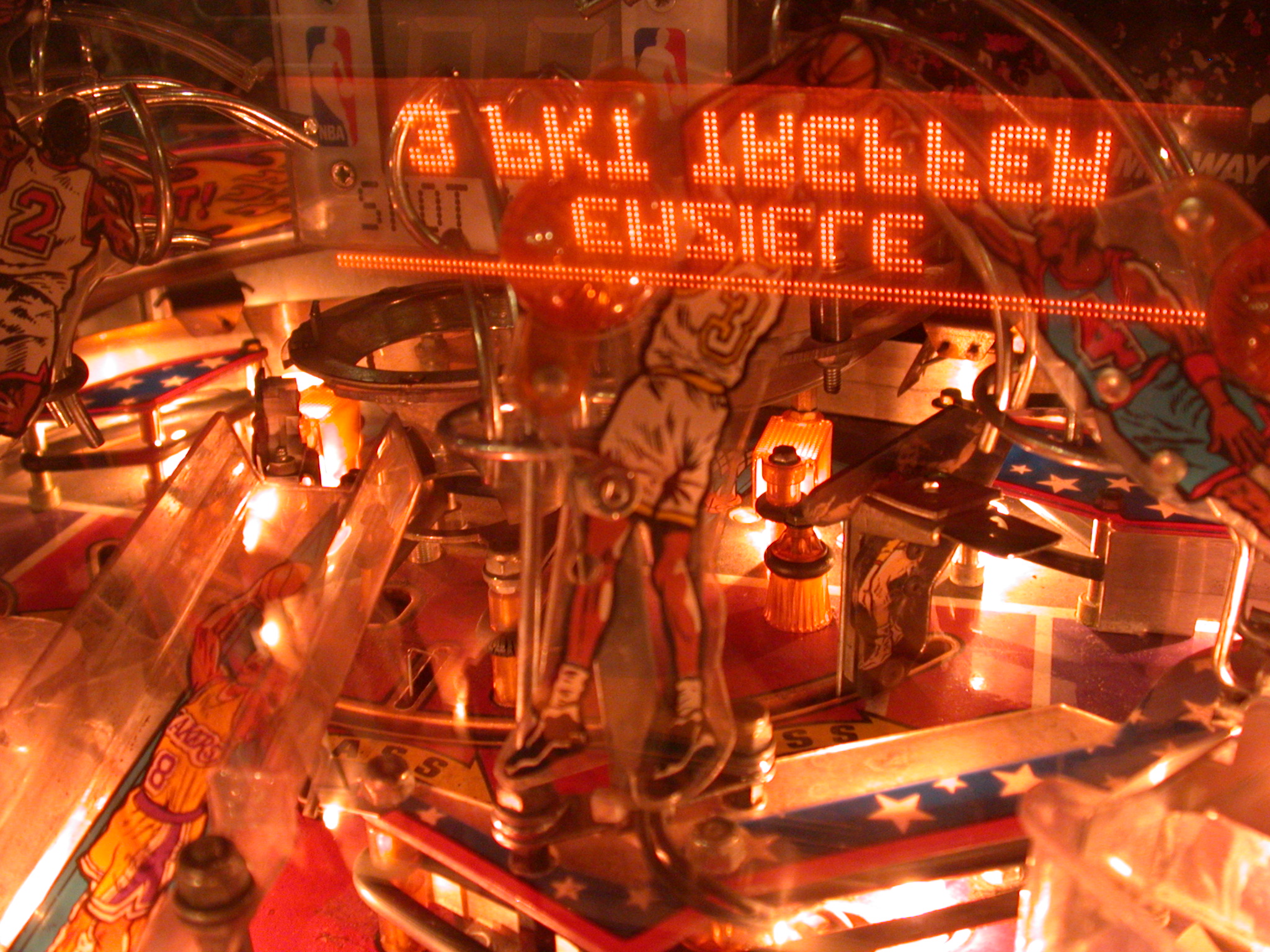
The Molyneux Paradigm: Hate the Past, Hype the Future
 Despite not living up to some of the promises made by Peter Molyneux during its production, Fable is a great RPG and one of the standout Xbox titles. The freedom to play as a virtuous hero or a vile hellion is reason enough to play through this title twice and as short as the main quest is, that isn’t nearly as demanding of a request as it would be with some other RPGs. A year later Fable: The Lost Chapters was released which featured an additional chapter with a new area and enemies at the end of the game along with some additional side quests and minor features. For the tenth anniversary an updated version of Fable: The Lost Chapters was released as Fable Anniversary for Xbox 360, monocle.p3k.Io which was a bug riddled mess on its initial release. It has been improved somewhat through patches but playing Fable: The Lost Chapters on the original Xbox is the recommended way to go if at all possible, though any RPG fan should experience this title in some capacity, even if Fable Anniversary is the most realistic option. Fable II was a well done follow up and the less said about Fable III the better.
Despite not living up to some of the promises made by Peter Molyneux during its production, Fable is a great RPG and one of the standout Xbox titles. The freedom to play as a virtuous hero or a vile hellion is reason enough to play through this title twice and as short as the main quest is, that isn’t nearly as demanding of a request as it would be with some other RPGs. A year later Fable: The Lost Chapters was released which featured an additional chapter with a new area and enemies at the end of the game along with some additional side quests and minor features. For the tenth anniversary an updated version of Fable: The Lost Chapters was released as Fable Anniversary for Xbox 360, monocle.p3k.Io which was a bug riddled mess on its initial release. It has been improved somewhat through patches but playing Fable: The Lost Chapters on the original Xbox is the recommended way to go if at all possible, though any RPG fan should experience this title in some capacity, even if Fable Anniversary is the most realistic option. Fable II was a well done follow up and the less said about Fable III the better.
Sure, you see the hero grow from a child to an adult, but the childhood lasts about five minutes and adolescence no longer than ten. The rest of the game simply sees you controlling your average adult warrior. There are also elements like marriage and family drama that come into play that never realize their full potential. Instead of being an experience where you truly assume the role of another being, it’s built like an average RPG with some nifty life-building elements thrown in. Still, it’s a criticism of the game as old as time itself (or at least the Xbox 360) and the important thing is that the game is still enthralling all the way through.
In fact, it’s such a classic that describing such a widely-known story seems irrelevant until you realize that there are prospective gamers who weren’t even out of diapers when the game was originally released, so here goes: Fable sees you take the role of “The Hero of Oakvale” who begins his quest as an unassuming boy until his village is brought to ruins by invading barbarians. The hero survives and is rescued by an even older hero named Maze. Maze sees great potential in the boy and takes him under his wing at the Heroes’ Guild. The hero grows up here, honing his skills and training for the perils that lie ahead. When he’s finally old enough, he sets off on his quest and can choose to either be the savior of Albion or its reckoner. This is of course the major gimmick of Fable, a game that allows you to choose the path of your character throughout their entire life. It was a concept that was ahead of its time in 2004 and remains interesting even after ten years and countless imitators. Of course, it’s major flaw is still the missed potential that was put in the spotlight thanks to the endless hyperbole from Peter Molynex.
There’s something odd about an HD port built for a console which itself has games that are being ported to a superior console. Let’s reflect on Fable Anniversary for a second: it’s a 2014 Xbox 360 remake of an Xbox game from 2004. We’re in an age where people are demanding for spectacular looking games like Grand Theft Auto V and The Last of Us to be ported to Xbox One and PS4, and this is an Xbox 360 port of an original Xbox game. As such, judging it is fairly hard to do after spending countless hours over the past few months scrutinizing next-gen ports like Tomb Raider, Madden 25 and Call of Duty: Ghosts, when Fable Anniversary would be a resounding success if it matched the 360 quality of any of them. Still, while a remake of Fable might have been better suited for release before Fable II or as a three-pack with its sequels on Xbox One before Fable IV (please?), the sheer fact that Lionhead and Microsoft care to do it at all is great fan service for players who have had to deal with an antiquated game — classic as it may be.
Peter Jackson’s take on The Hobbit didn’t quite live up to the standards set by the Lord of the Rings trilogy, but an adaptation of Middle-earth: Shadow of Mordor could be a great addition to the movie canon. The game takes place after the events of The Hobbit but before The Lord of the Rings , and focuses on a Ranger called Talion, who is killed by Sauron’s forces but is saved when a wraith merges with his body, turning Talion into an undead warrior with some very unique abilities. Enraged by the slaughter of his family, Talion proceeds to single-handedly wreak havoc on Sauron’s army of Orcs, playing an unsung role in preventing the fall of Middle-ea
Anyone who’s seen a Mad Max movie will easily be able to spot the direct influence of those films in Borderlands , Gearbox Software’s colorful, cel shaded open world role-playing shooter. The alien planet of Pandora is a dangerous wasteland and pretty much everyone who lives there is insane, but that’s all part of its charm. The plot of the games follows groups of fortune seekers who are trying to track down mysterious Vaults full of immensely powerful alien technology, and we’d love to see a filmmaker tackle both the offbeat humor and the treasure-hunting quest at the heart of the Borderlands ser
